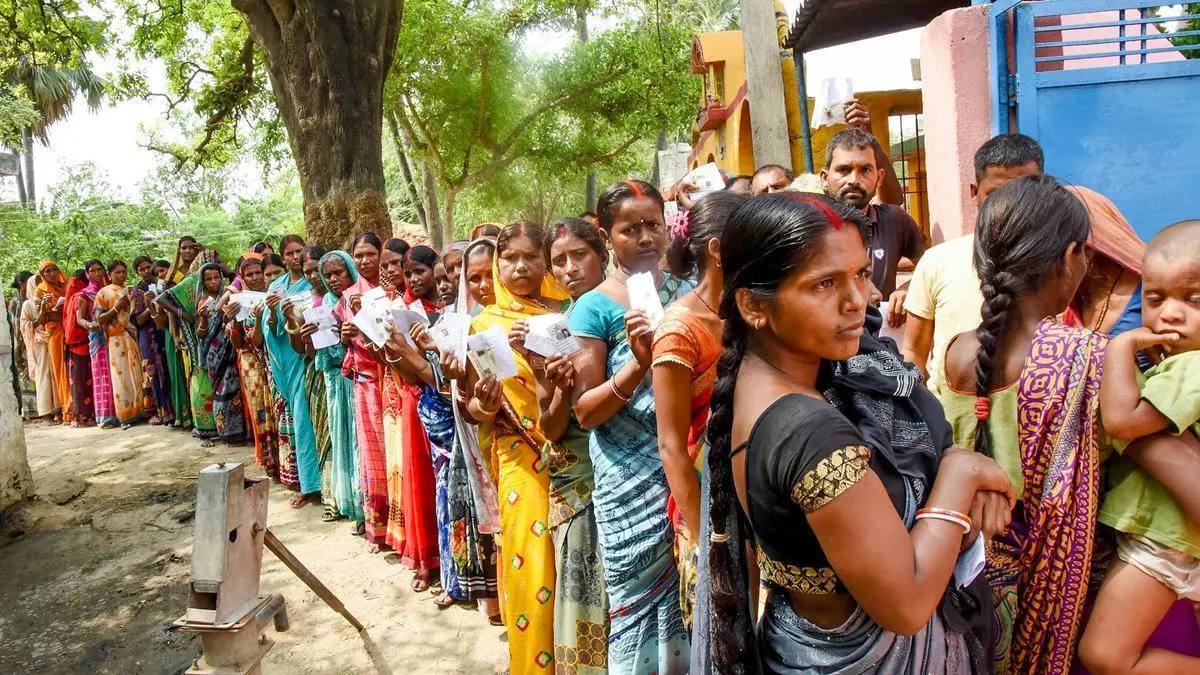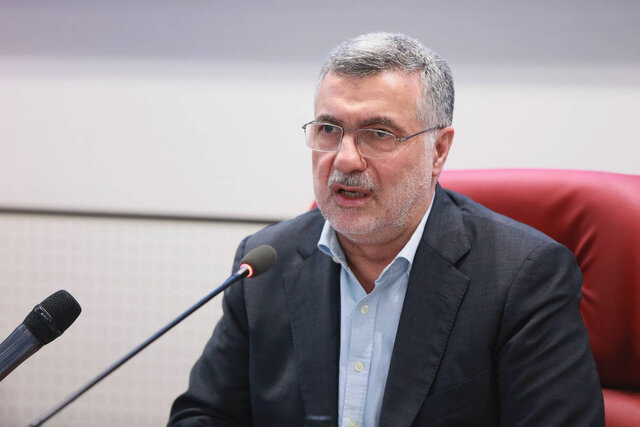Copyright thehindubusinessline

As Bihar heads towards its Assembly election, a chorus of promises fills the air. The ruling coalition has promised 125 units of free electricity to every household from August 2025. The opposition, led by Tejashwi Yadav, went a step further, pledging 200 free units and a government job for one person in every family. To many, these offers sound irresistible as they touch everyday realities. But as the race to outdo each other gathers pace, it’s worth asking what these giveaways mean for Bihar’s future. India’s culture of election-time freebies is not a new phenomenon. It began with subsidised rice and television sets in southern States and has since become a nationwide strategy. The logic is simple: give immediate relief, win trust, and perhaps, votes. Yet, the economic cost of this competition is rising. States like Bihar, which rely heavily on Central transfers and have limited tax capacity, face even tighter constraints. Every free unit of electricity and every cash dole eventually come from the same public purse that must also fund schools, hospitals, and roads. Serious trade-off Critics warn of a trap. When governments spend heavily on subsidies, they often postpone investments that could generate jobs and income in the long run. For Bihar, a State still struggling with industrialisation and persistent migration, this trade-off is serious. There is also the question of efficiency. In the past, welfare delivery was plagued by leakages — nearly 40 per cent of food subsidies failed to reach the poor, according to earlier studies. Recent improvements through Direct Benefit Transfers (DBT) have reduced waste and saved the government an estimated ₹3.5 lakh crore nationally. However, Bihar still has ground to cover in ensuring that support reaches the truly needy rather than being distributed as a political equaliser. This doesn’t mean welfare is bad, far from it. Schemes like MGNREGS, pensions for the elderly, and scholarships for students have offered real protection. But there’s a difference between essential welfare and populist giveaways. Welfare builds security; freebies buy time. The challenge for Bihar is to design policies that protect without creating dependence — to move from handouts to handholds. That shift begins with investing in people. Bihar’s youth — one of India’s youngest populations — need skills, access to credit, and confidence more than anything else. The State’s vocational programmes and microenterprise initiatives remain too small to meet the scale of demand. Expanding these could yield better results than one-time gifts. Similarly, targeted subsidies for health and education have a greater impact on long-term growth than free electricity, which benefits everyone, including the rich and the poor alike. Fiscal prudence, too, must return to the conversation. When budgets are stretched thin by subsidies, the State borrows more, leaving less money for capital spending. That, in turn, slows job creation — the very issue politicians claim to address with giveaways. The promise of government jobs for all, made in many campaigns, may please audiences, but it’s neither fiscally possible nor economically productive without private-sector expansion. Voters, too, have a role. They can ask sharper questions: Will this promise last beyond the election? Who will pay for it? Does it create opportunity or just relief? In recent years, Bihar’s electorate has shown a growing appetite for accountability. “We want jobs, not just electricity,” said a young graduate in Gaya. “If we earn, we’ll pay our own bills.” Ultimately, the debate is not about whether welfare should exist — it must. It is about what kind of welfare creates dignity and growth. Bihar’s next government, whichever party leads it, faces a defining but straightforward choice: to keep voters dependent on short-term gifts, or to empower them to stand on their own feet. The writer is Social Protection Advisor and former UN Policy Lead Published on November 5, 2025



